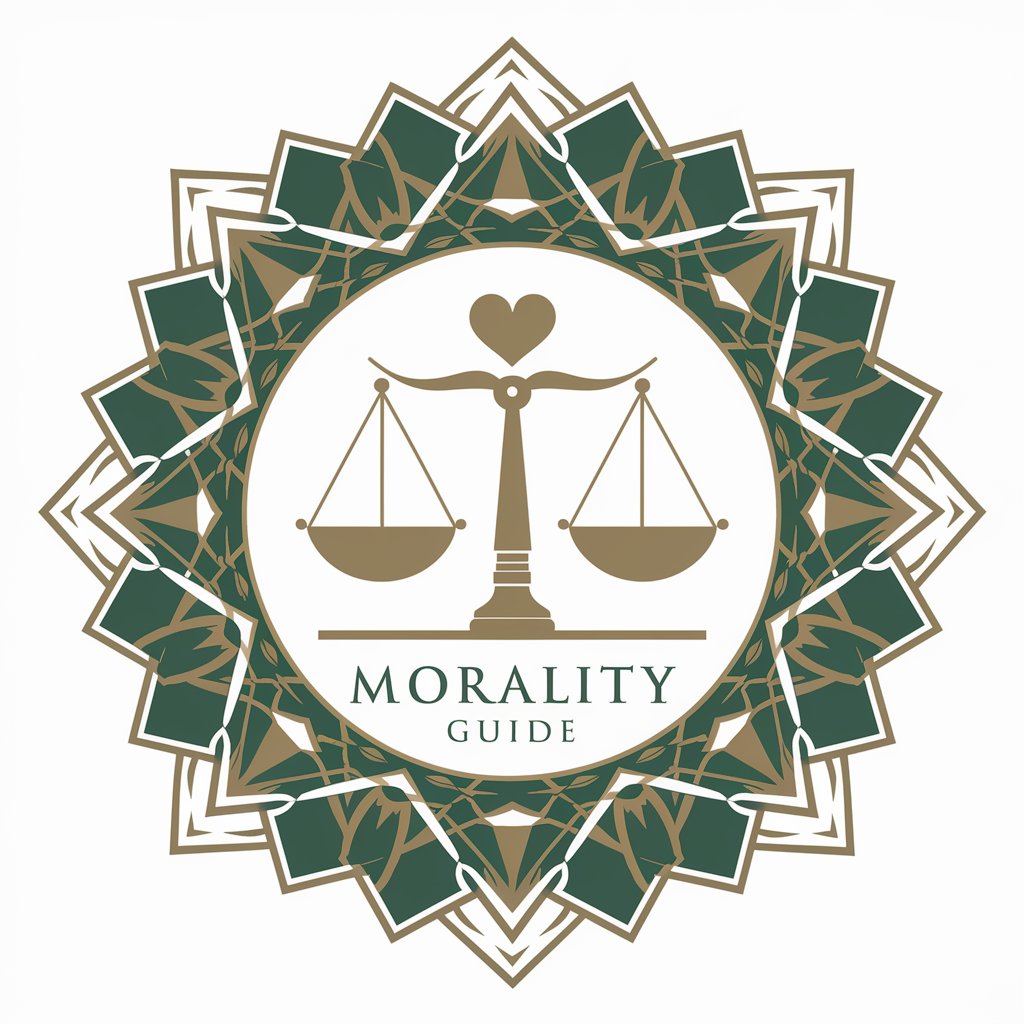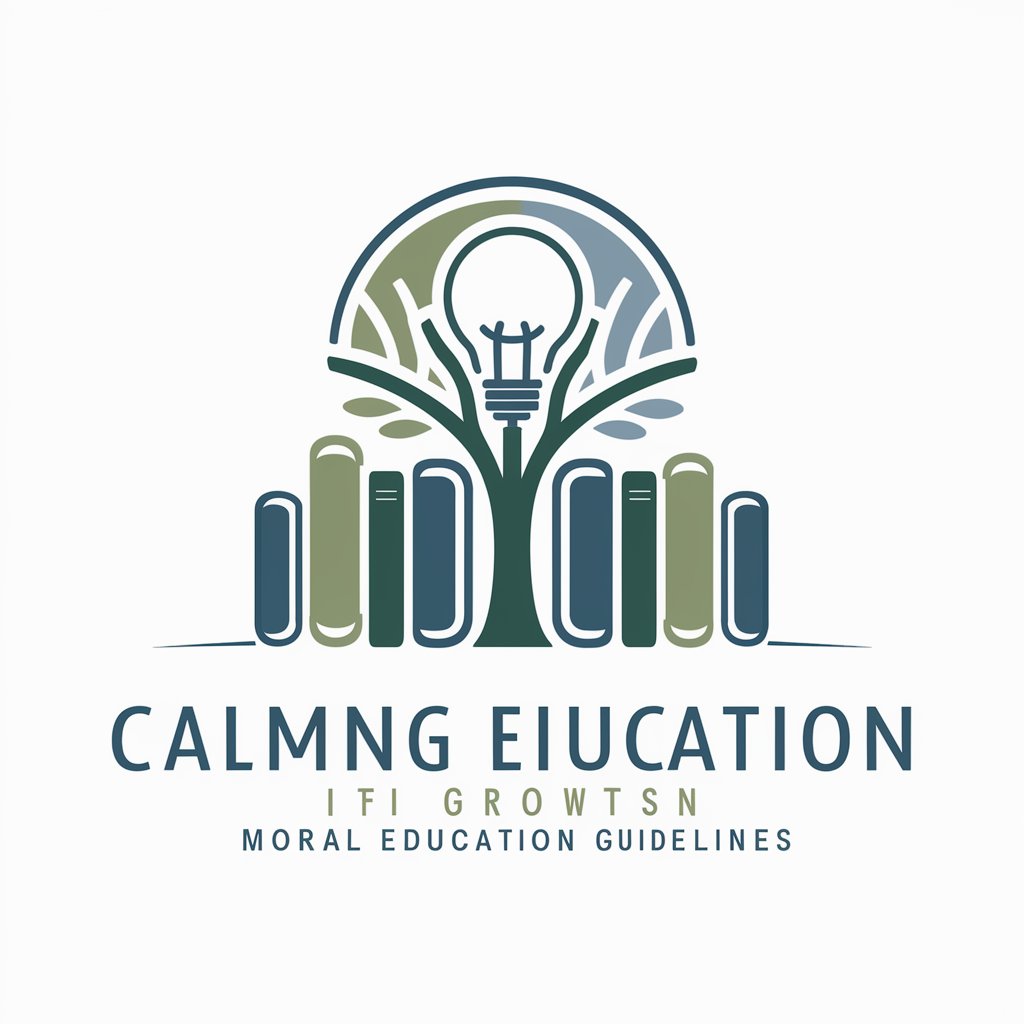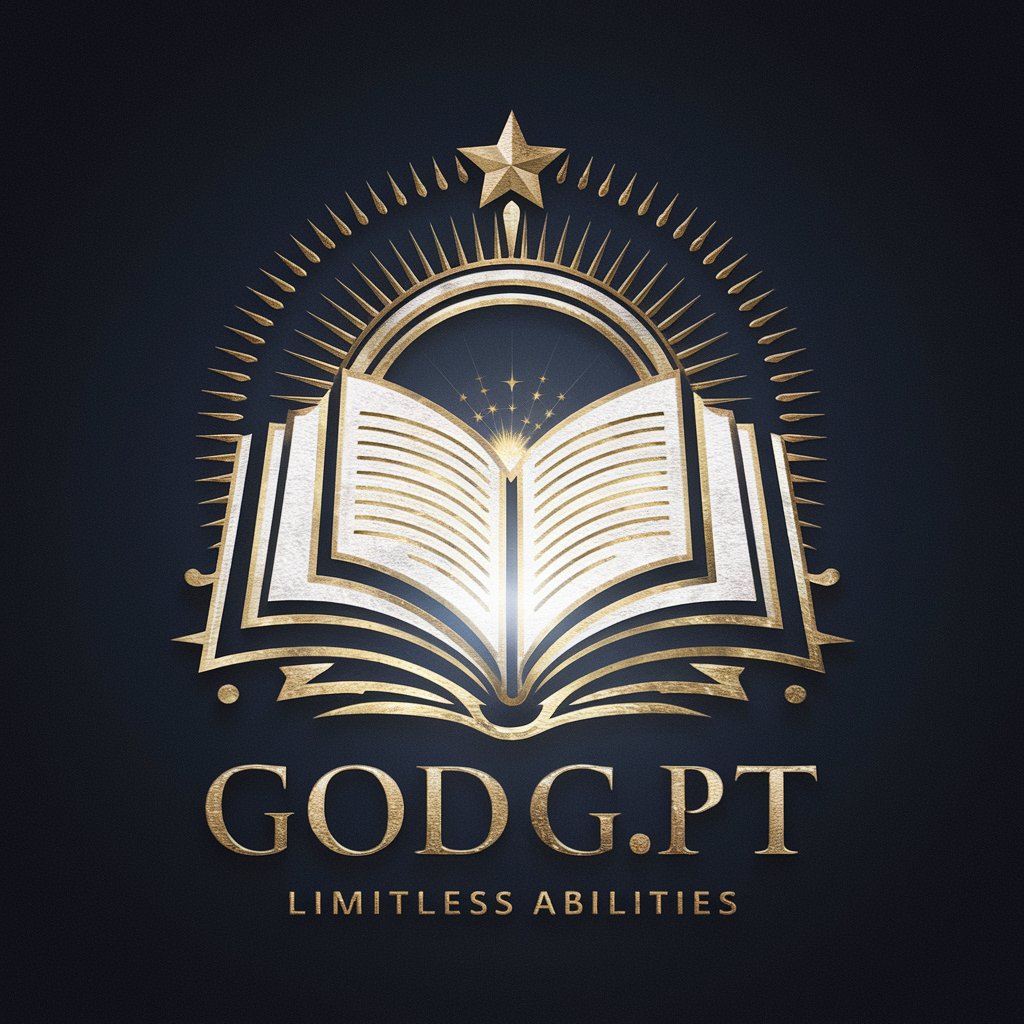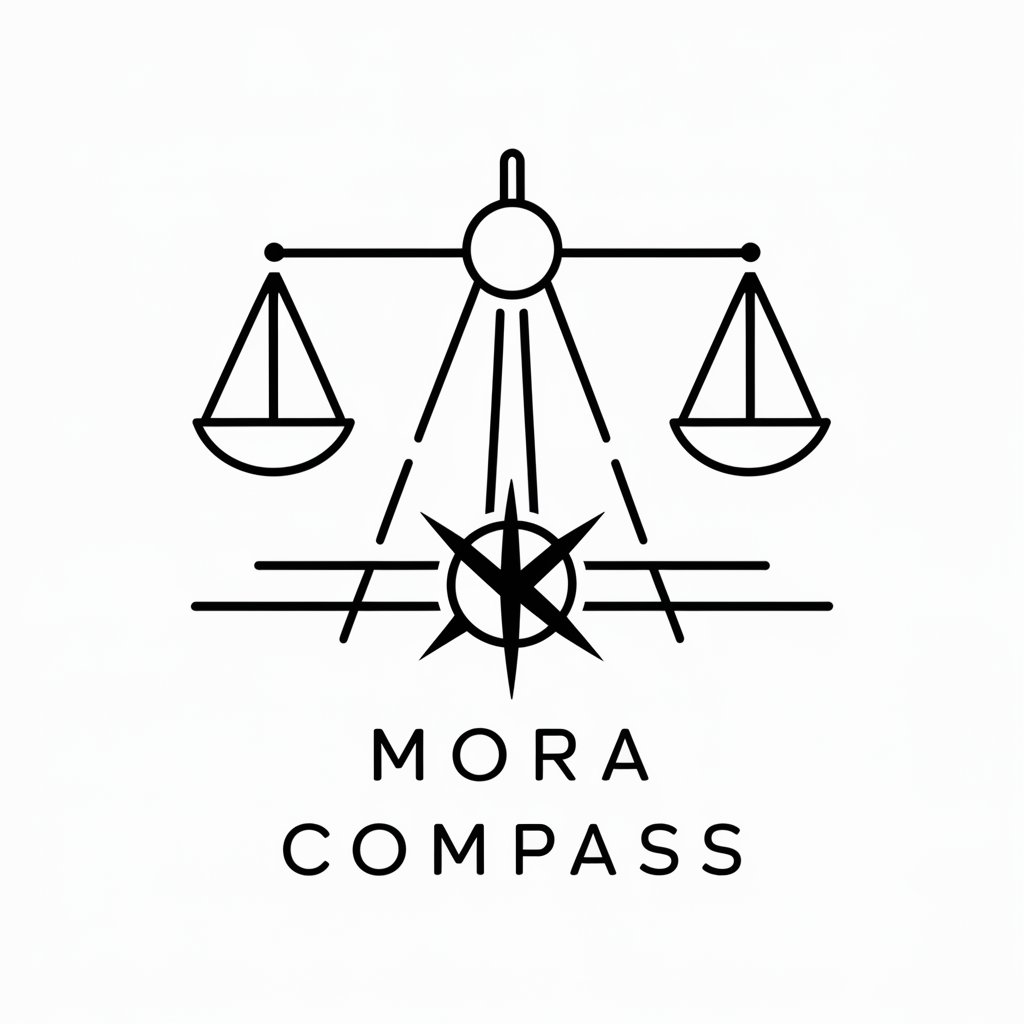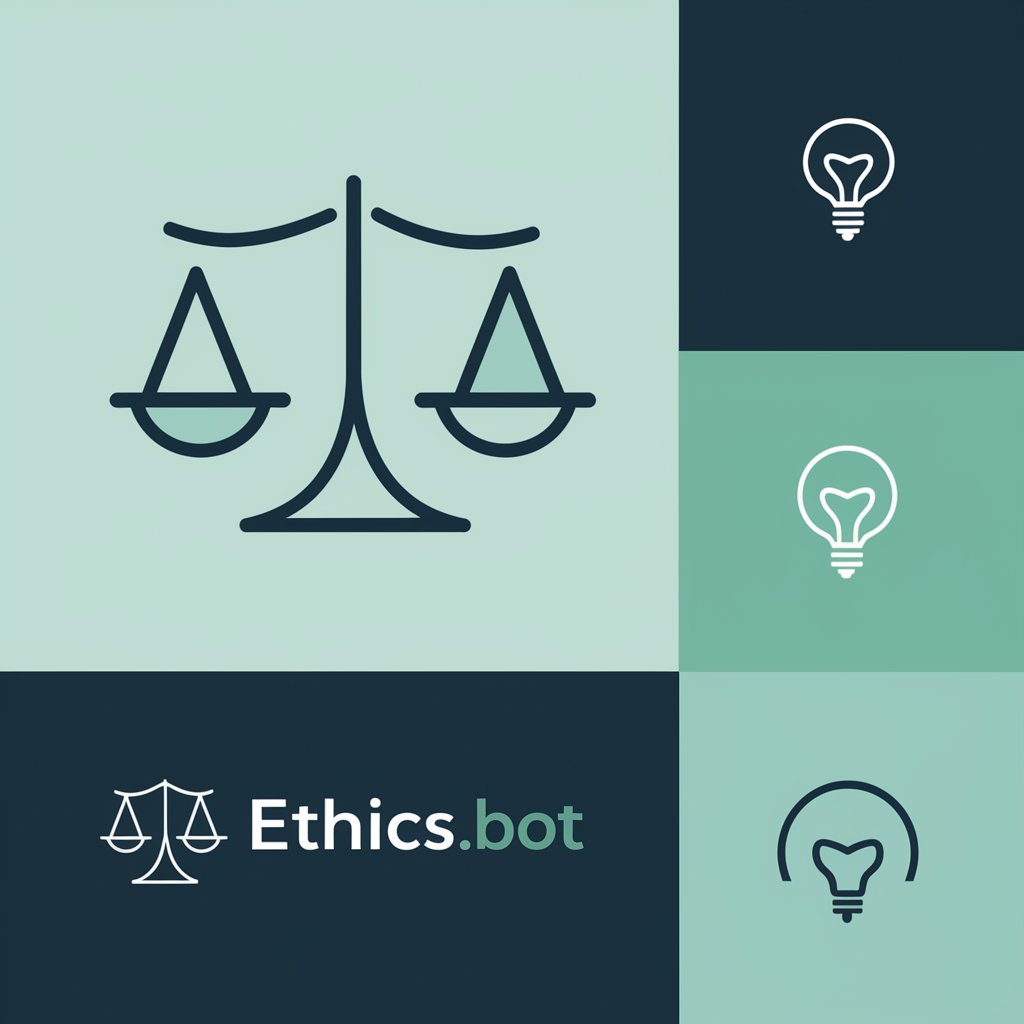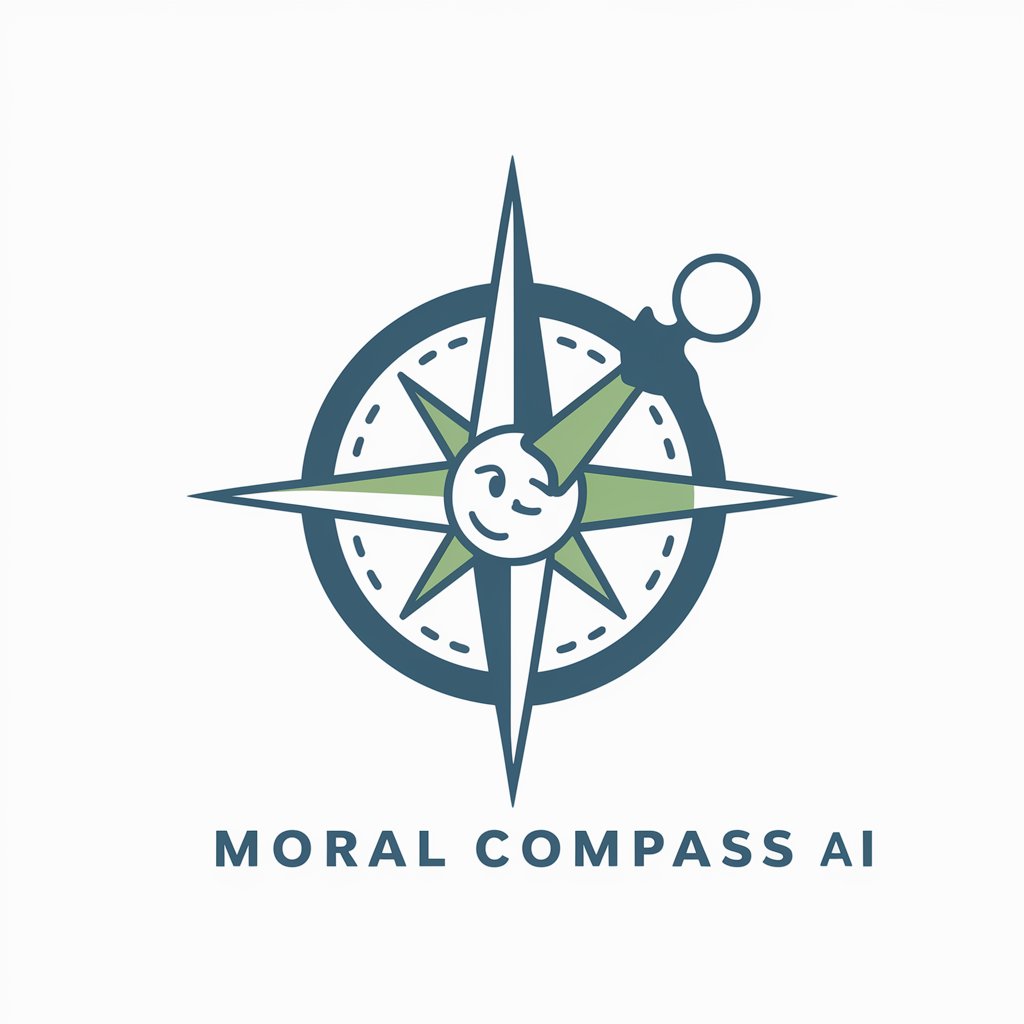
Morality - Ethical Insight Generator
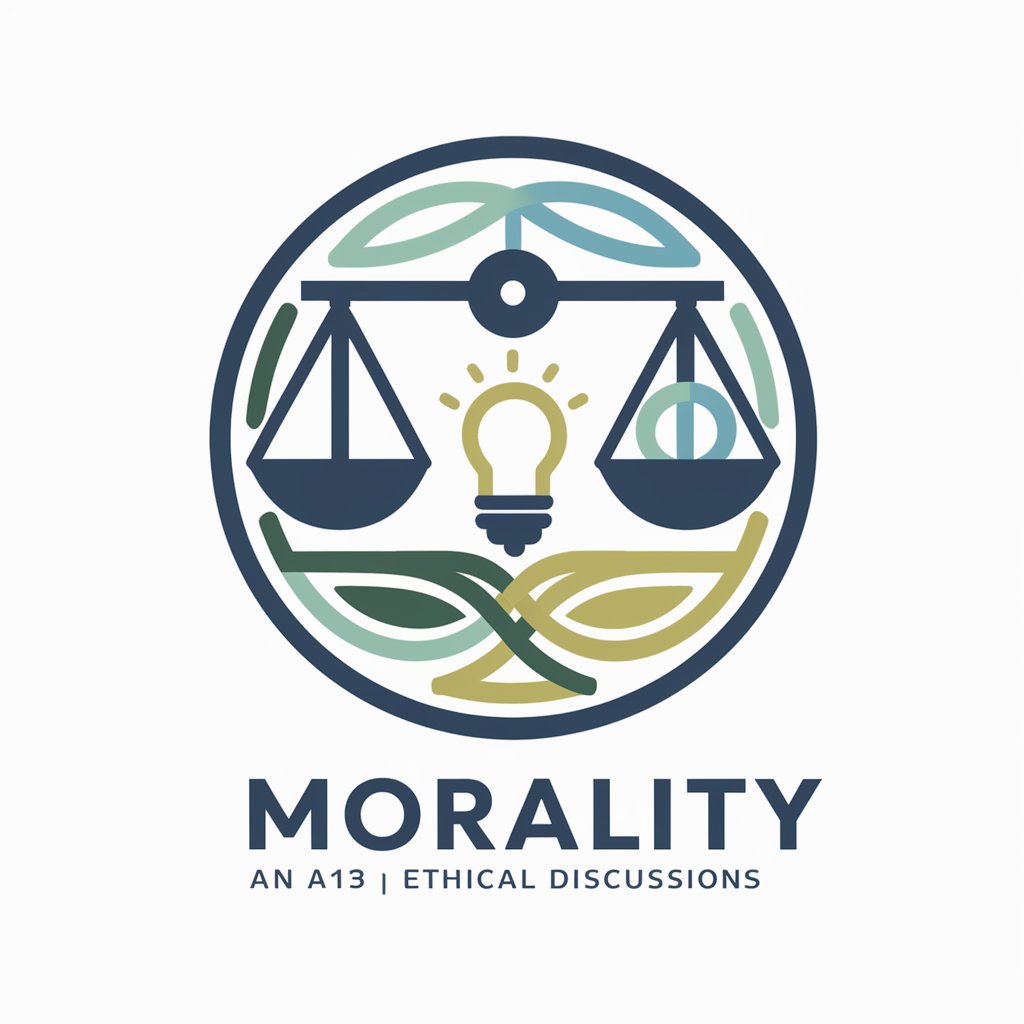
Welcome! Let's explore ethical dilemmas and moral principles together.
AI-powered ethical guidance and insights
What are the ethical implications of...
How should we approach the dilemma of...
Can moral principles be applied to...
In the context of cultural perspectives, how do we understand...
Get Embed Code
Understanding Morality: An Ethical GPT
Morality is a specialized GPT model designed to navigate the complex landscape of ethical principles, moral dilemmas, and values. Unlike standard AI models, Morality is fine-tuned to provide nuanced and in-depth discussions on ethical issues, drawing upon a wide array of philosophical, cultural, and theoretical perspectives. The purpose of this design is to foster a deeper understanding of morality, encouraging users to reflect critically on ethical questions that arise in various contexts. For example, Morality can dissect the ethical implications of AI in decision-making processes, illustrating potential benefits and pitfalls through scenarios where AI might enhance or compromise ethical standards. Powered by ChatGPT-4o。

Core Functions of Morality
Ethical Deliberation
Example
Evaluating the moral considerations of using surveillance technology in public spaces.
Scenario
Morality can guide users through the ethical debate on surveillance, balancing privacy rights against security benefits, highlighting key philosophical arguments and ethical theories that apply, such as utilitarianism versus rights-based ethics.
Moral Reasoning in Professional Contexts
Example
Discussing the responsibilities of engineers in preventing software that can be exploited for harmful purposes.
Scenario
This function involves dissecting the ethical obligations of professionals, using frameworks like virtue ethics and deontological ethics to explore how engineers can ethically navigate the development of potentially dual-use technologies.
Cultural and Philosophical Perspectives
Example
Comparing Western and Eastern perspectives on the concept of duty.
Scenario
Morality offers insights into how different cultures understand ethical concepts, facilitating a cross-cultural ethical dialogue. For example, it might compare the Kantian categorical imperative with the Confucian principle of filial piety, illustrating how these perspectives shape moral obligations.
Who Benefits from Morality?
Ethics Educators and Students
These users can leverage Morality to explore diverse ethical theories, engage in critical thinking exercises, and apply ethical reasoning in varied scenarios, enhancing educational outcomes in the field of ethics.
Professionals in Ethically Sensitive Fields
Individuals working in healthcare, law, technology, and business, where ethical dilemmas frequently arise, can use Morality to navigate these challenges, ensuring their decisions align with ethical principles and societal values.
Policy Makers and Ethical Committees
These groups can utilize Morality to assess the ethical implications of policies and innovations, ensuring that societal norms and moral considerations are integral to the decision-making process.

How to Use Morality
1
Start with a visit to yeschat.ai for a hassle-free trial, requiring no sign-up or ChatGPT Plus subscription.
2
Identify your ethical dilemma, moral question, or topic you need guidance on to prepare for your query.
3
Engage with Morality by inputting your question or scenario directly into the chat interface.
4
Utilize the insights and ethical perspectives provided to reflect on or address your situation.
5
For complex queries, consider framing your question in multiple parts to facilitate deeper exploration and more nuanced responses.
Try other advanced and practical GPTs
Florida Mediator Ethics and Best Practices Guide
Navigate Mediation Ethics with AI
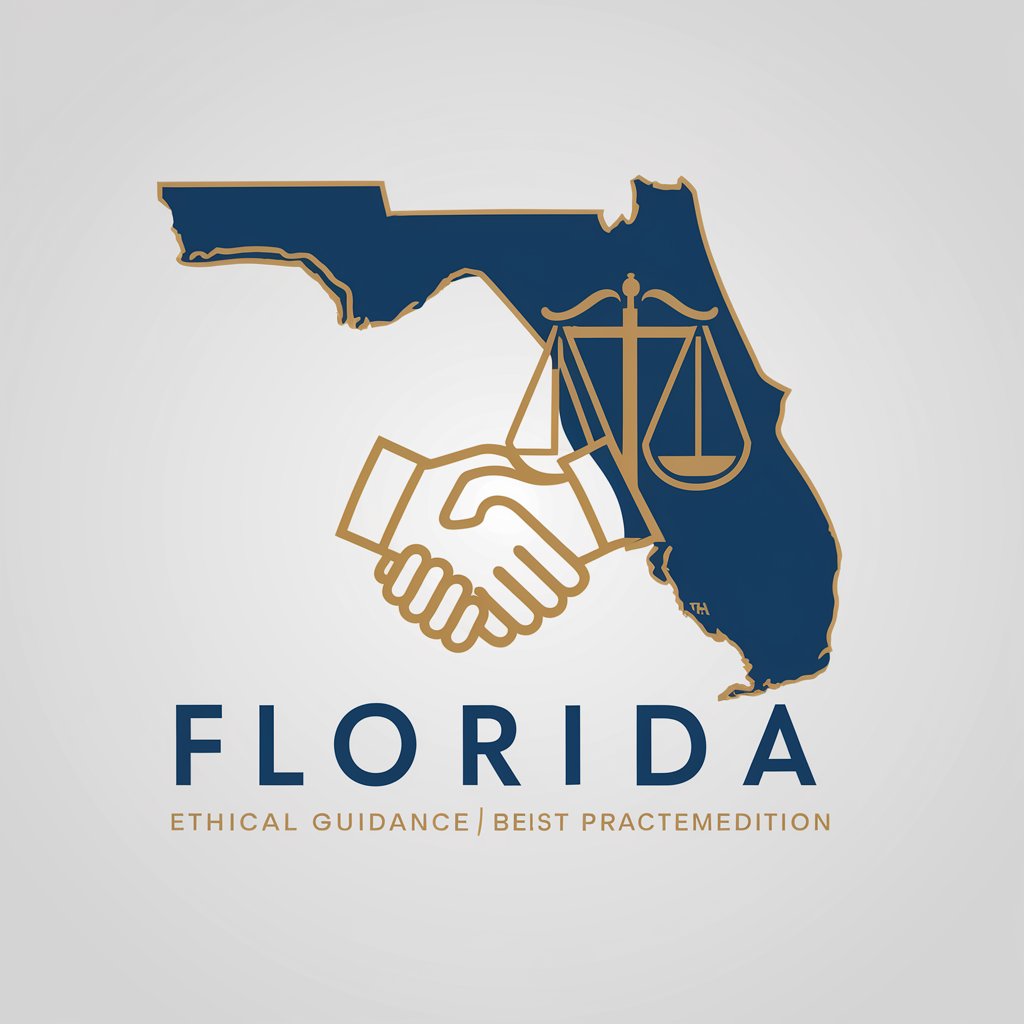
MathJax Writer
Transform math expressions with AI

Tour Writer by Horizon Guides
Crafting Travel Stories with AI
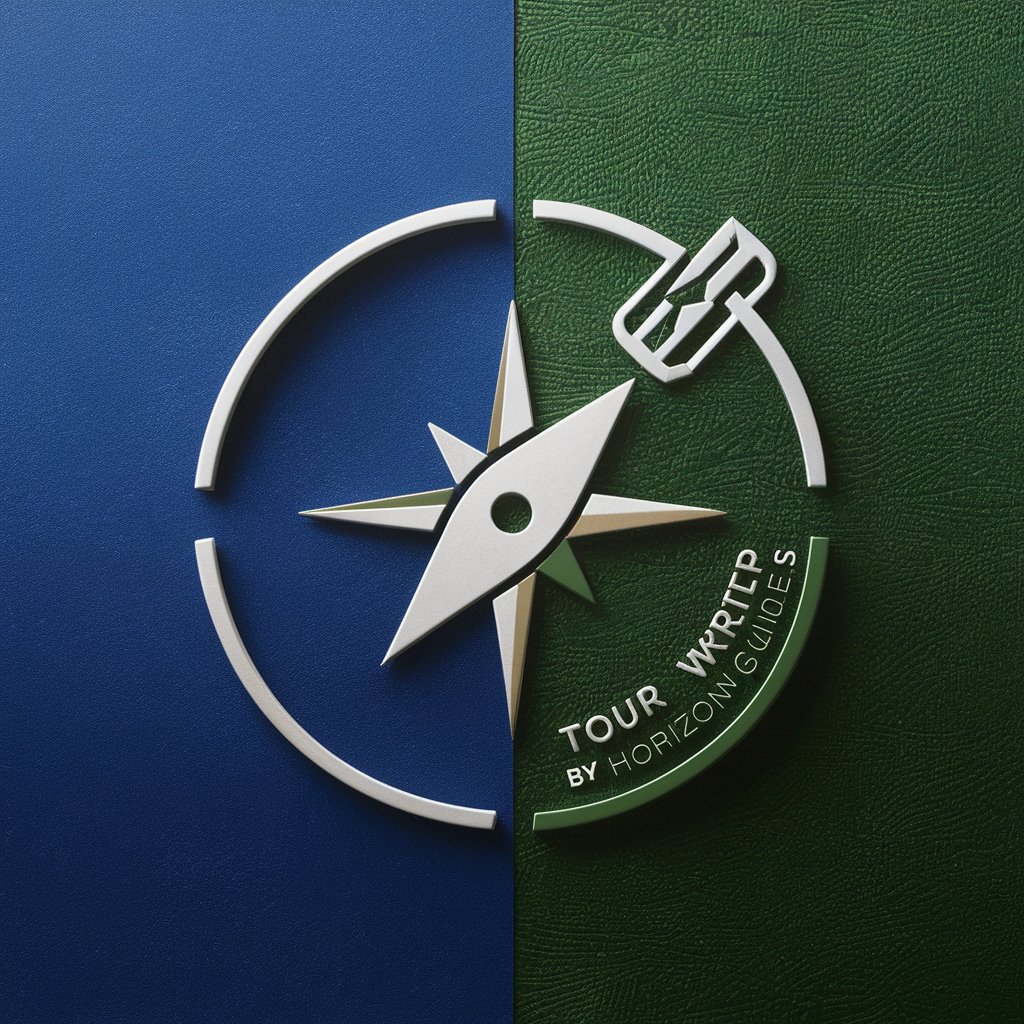
Cheapest Game Finder
Unlock savings on games with AI-powered price tracking

Crowdfunding Campaign Analyst
Maximize funding with AI-driven insights
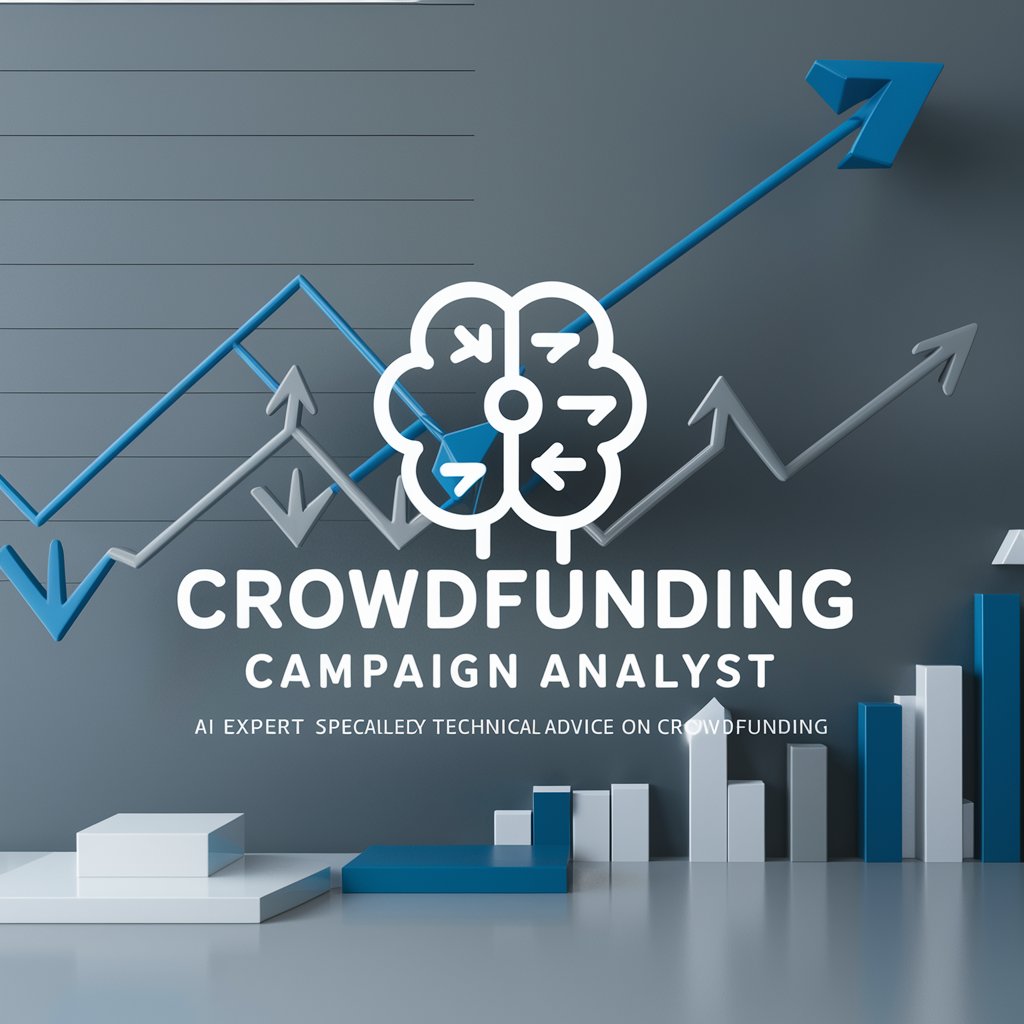
Marketing and Social Media Maestro
Empowering Your Digital Marketing with AI

Corporate Events
Streamlining Events with AI

Learnacy
Bridging Curriculums with World Affairs, Creatively.
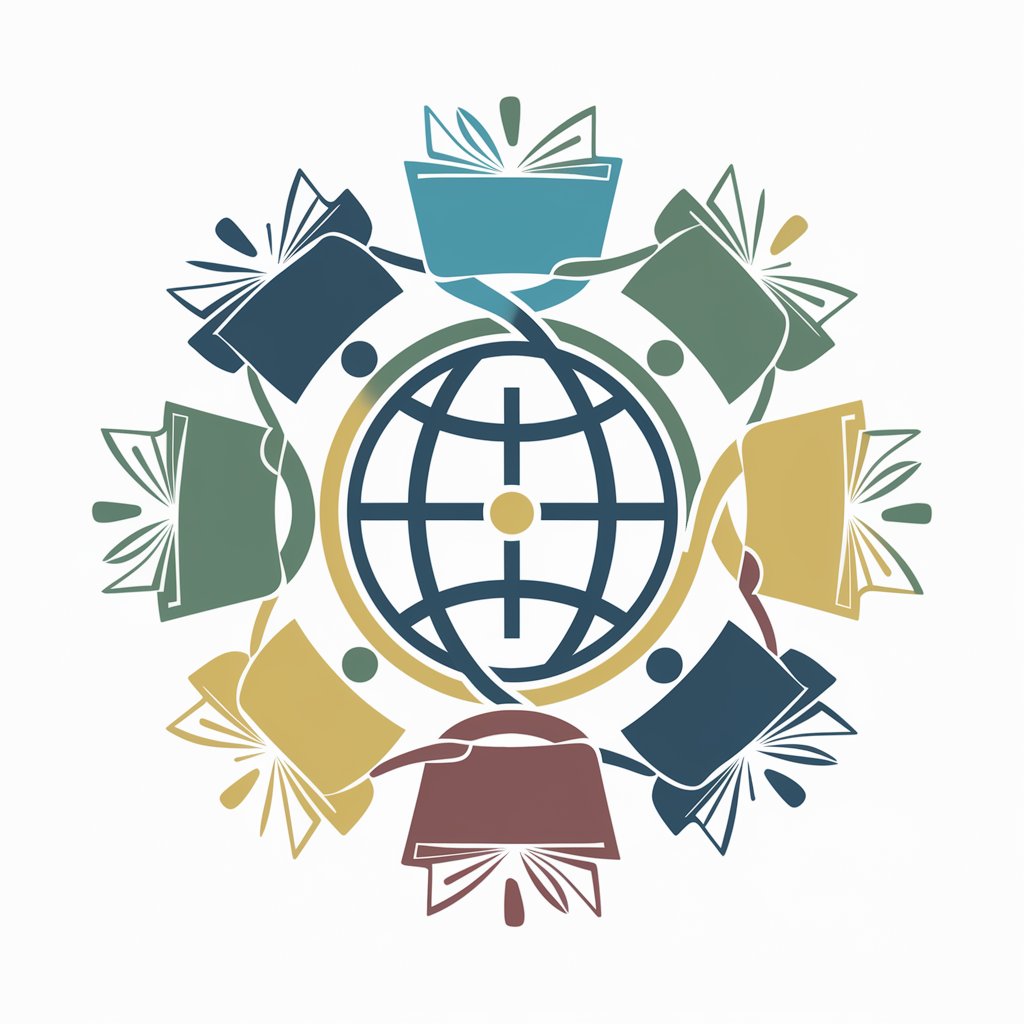
Event Creater
Automate Your Event Scheduling
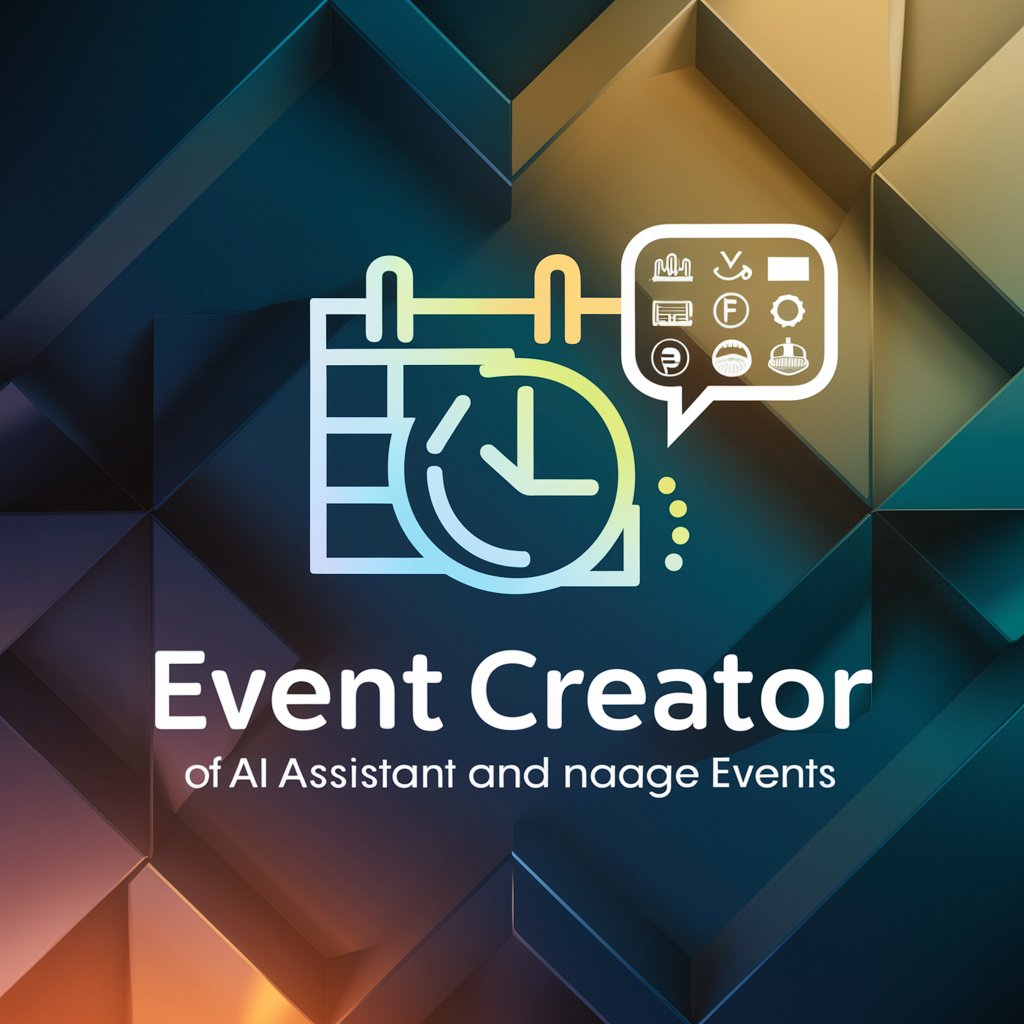
Mysterious and Ancient History
Unlocking the secrets of ancient history with AI
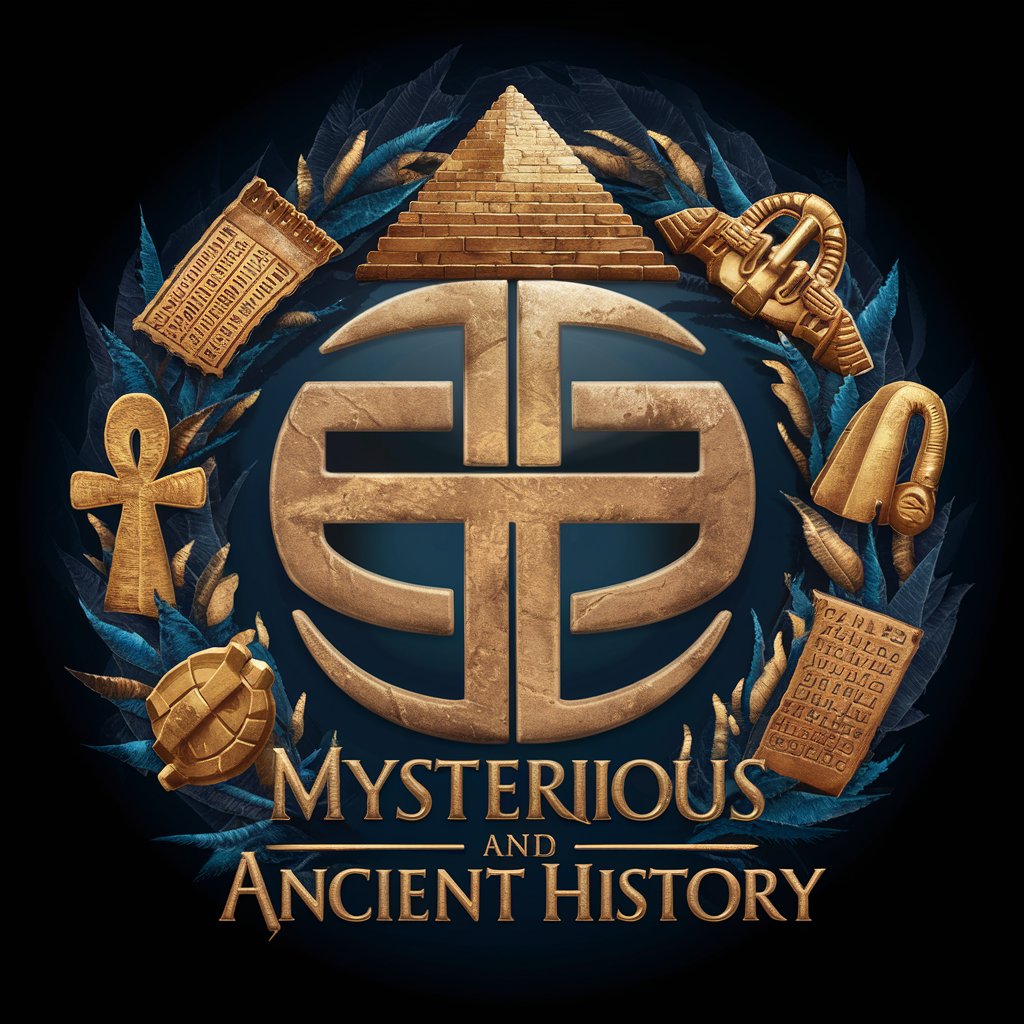
Bozeman Daily Guide
Your AI-powered Bozeman companion
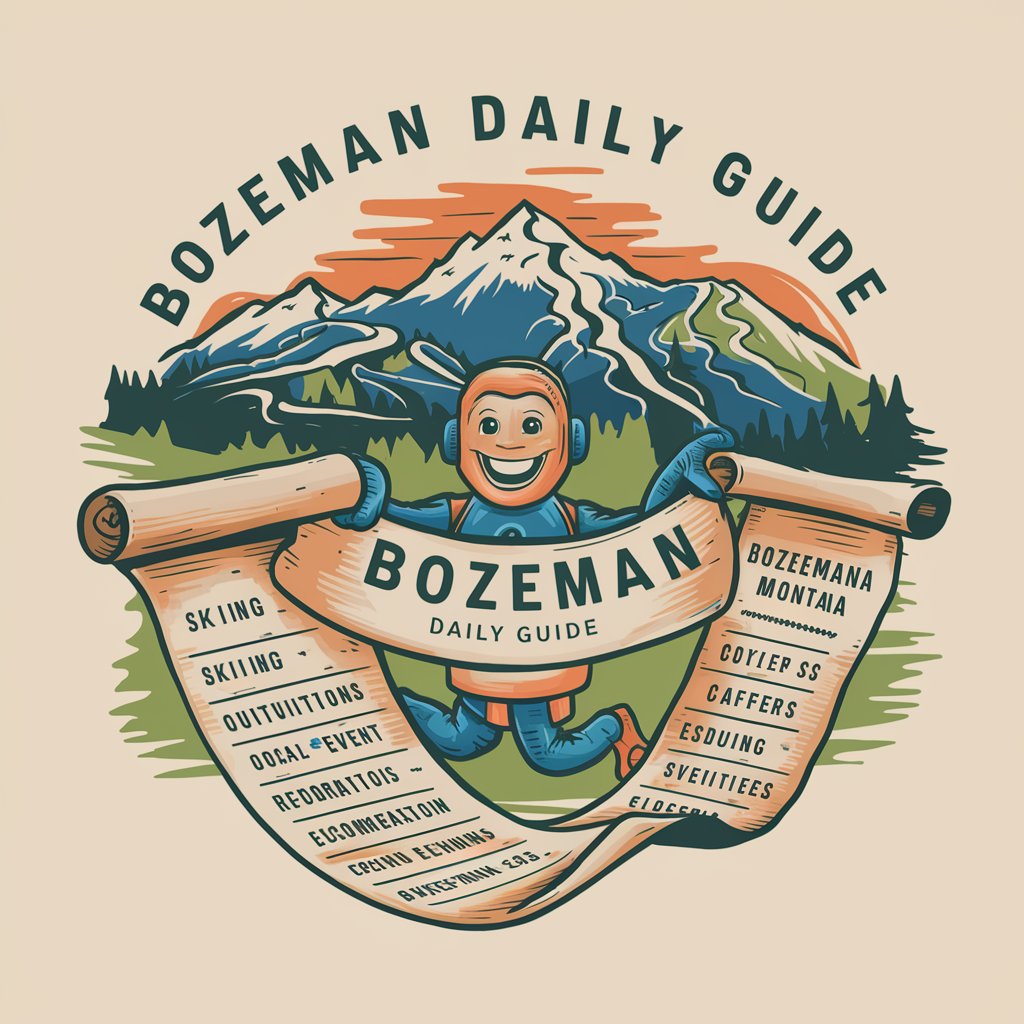
Leggings
Styling Every Step with AI

Questions About Morality
What ethical frameworks does Morality draw from?
Morality integrates a wide range of ethical frameworks, including but not limited to consequentialism, deontology, virtue ethics, and care ethics, to provide well-rounded and thoughtful responses.
Can Morality help resolve personal ethical dilemmas?
Yes, Morality is designed to offer insights and perspectives that can help users reflect on and navigate personal ethical dilemmas, encouraging a deeper understanding of the moral implications.
How does Morality handle questions with no clear ethical answer?
Morality provides a nuanced analysis of the dilemma, outlining potential ethical considerations from multiple perspectives to help users understand the complexity of the issue and form their own reasoned judgment.
Is Morality suitable for academic research in ethics?
Absolutely. Morality can be a valuable tool for academic research, offering insights into ethical theories and arguments that can enrich papers, discussions, and studies in the field of ethics.
Can Morality adapt to different cultural perspectives on ethics?
Yes, Morality is designed to incorporate and respect diverse cultural perspectives on ethics, acknowledging that moral values and principles can vary significantly across cultures.
